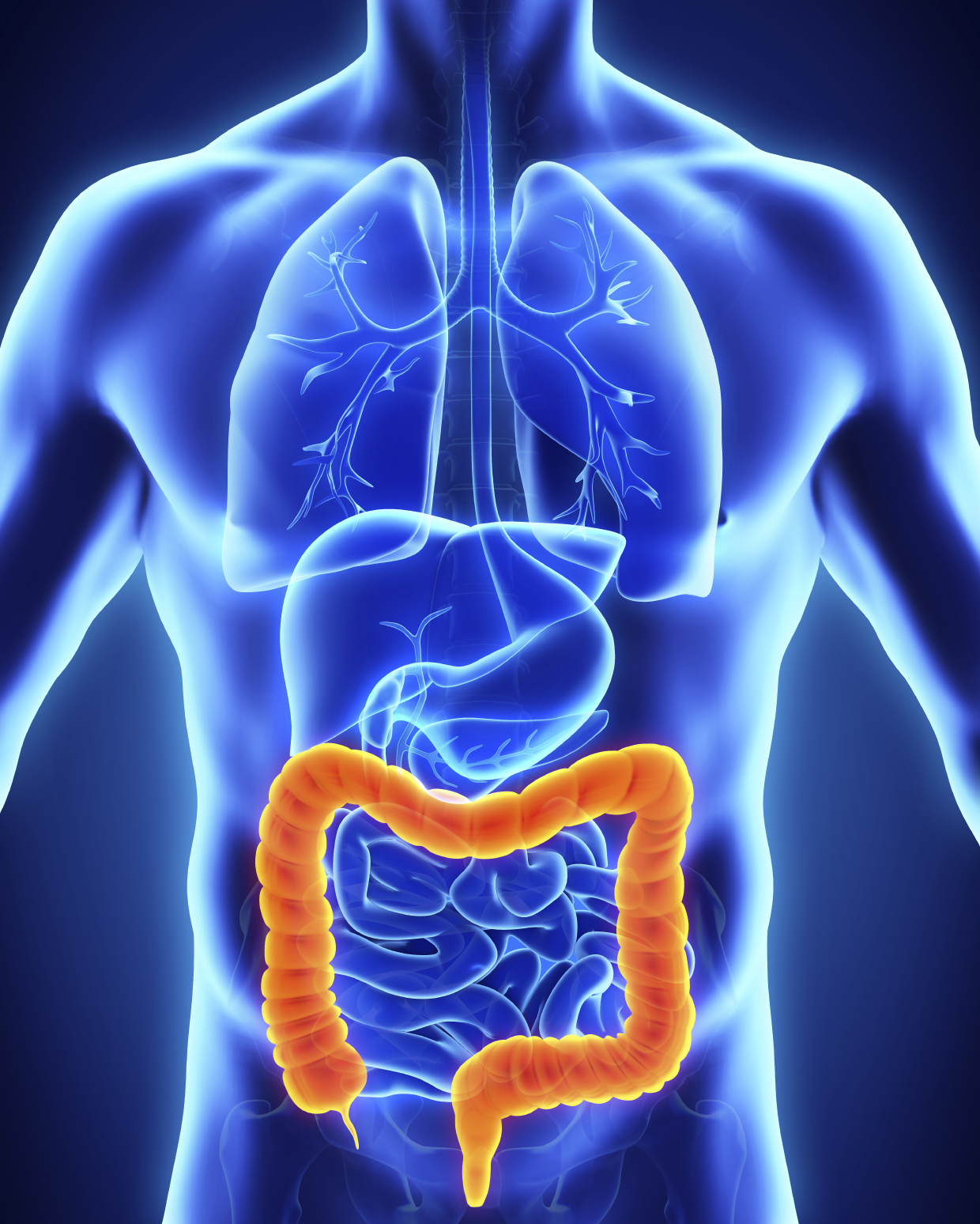Celgene baffles market with Crohn's drug data

Celgene has announced topline results from an early stage trial of its mongersen, a closely-watched potential treatment for Crohn's disease.
Back in 2014, Celgene paid Ireland's Nogra Pharma $710 million for mongersen, also known as GED-0301.
Phase 3 development is ongoing, but Celgene has released the early stage data as it continues to make the case for mongersen.
Topline data from CD-001 show that in a proportion of patients treated with oral GED-0301 there was endoscopic improvement (defined as a 25% improvement from baseline) and clinical response and remission across all treatment groups at week 12. Findings to date reveal no new safety signals and tolerability is consistent with earlier studies.
Celgene's new CEO, Mark Alles, told pharmaphorum earlier that mongersen is an example of how the company is prepared to pay handsomely for the most promising assets.
The bidding process was “one of the most competitive” Alles had experienced, but the reaction from commentators suggest that not everyone is convinced of its potential.
A tweet from The Street's Adam Feuerstein sarcastically reflected the views of many who felt that Celgene's press statement was thin on data.
https://twitter.com/adamfeuerstein/status/775314029778788352
The phase 1b trial, CD-001, is an ongoing study evaluating three different treatment regimens in a 12-week treatment phase, followed by a 52-week off-treatment observation phase.
Primary objective is to explore the effect of GED-0301 on endoscopic outcomes in 63 patients, from a difficult-to-treat, moderate-to-severe patient population.
Celgene noted that the population was more diverse than previous studies and included patients with endoscopically confirmed mucosal damage at entry and those who had previous surgeries.
Full data from the 12-week timepoint have been submitted for presentation at an upcoming scientific meeting later this year. The CD-001 study is ongoing until all patients complete the observation phase. Data from the observation portion of the trial are expected in 2017.











